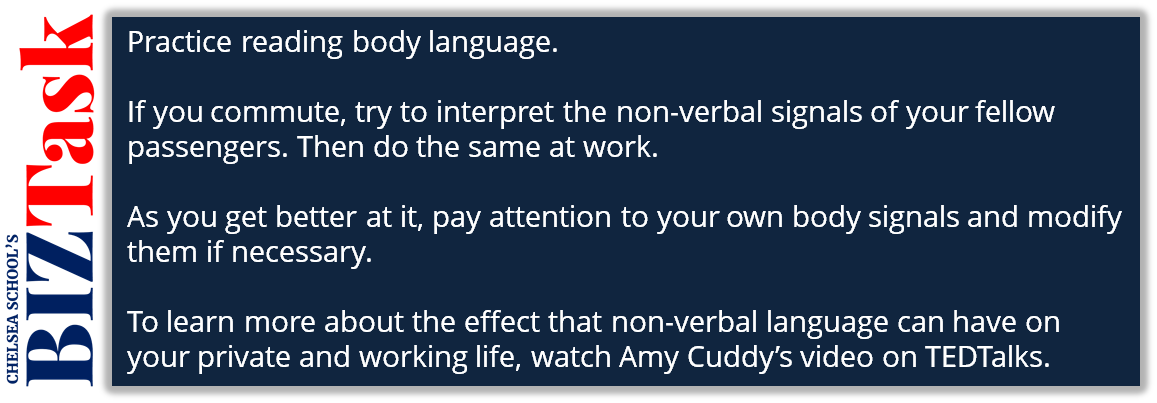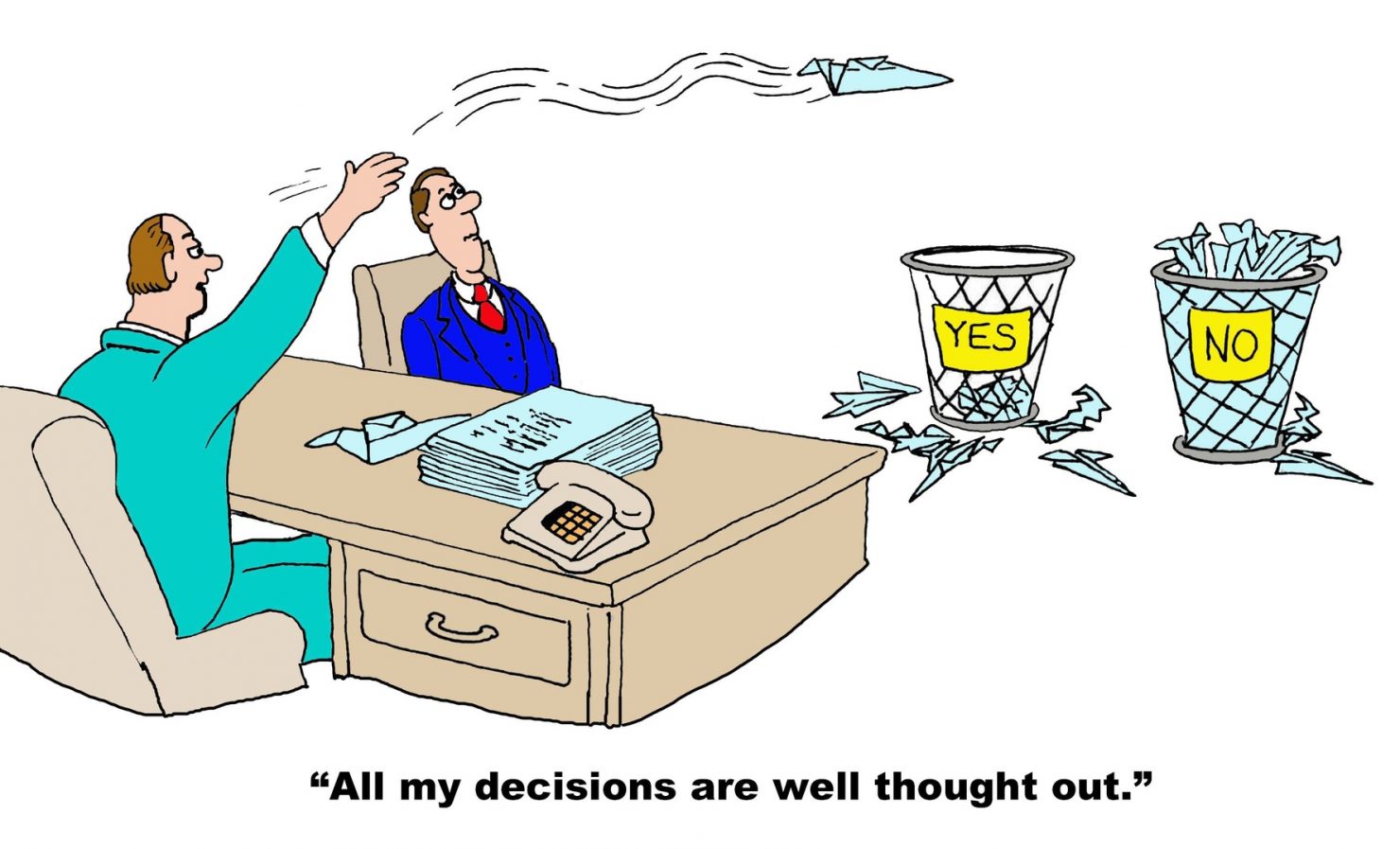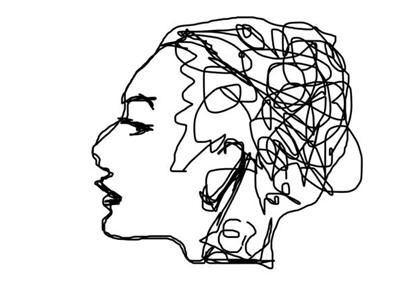If your body language is wrong, you can lose deals, spoil relationships and miss business opportunities. Make sure you don’t send the wrong signals or misread the ones you pick up from others.
Understanding the language of our bodies is an essential skill, especially in the world of business. Deals can be lost, relationships spoiled and opportunities missed if we send the wrong visual signals or misread those of others.
Let’s start with the handshake.
This is the traditional form of greeting in most of the world, though local customs should always be observed. In Western countries, it’s polite to shake hands when meeting, agreeing on a deal or when saying goodbye.
Men and women are expected to shake each other’s hands and it is good manners to apply just a gentle squeeze. A hard grip may be painful and will make you appear clumsy.
Some exceptions.
- In Russia, a man is not expected to shake a woman’s hand.
- In Switzerland, shake hands with the woman or women first.
- The custom in Turkey, the Arabic speaking Middle East, China and Japan is to offer a limp handshake. A firm grip is considered aggressive.
- It is customary that a Muslim man will not shake the hand of a Muslim woman.
Always rely on local knowledge when travelling to unfamiliar places.
Eye contact, yes or no?
Again, local practice varies. In the West, making and holding eye contact is considered polite. If you hold eye contact with someone who is talking, it shows you’re paying attention.
Avoiding eye contact will suggest you’re dishonest or have something to hide. You’ll be described as shifty-eyed and will have difficulty in building trust.
Some exceptions.
- When meeting pious Muslims and others from East Asia, it is polite to avoid eye contact.
- In Japan, a lower ranked worker will not make eye contact with his superiors but will gaze at a point just above their shirt collar.
- Japanese business people often close their eyes in meetings. This is not a sign of disrespect or lack of interest. They believe they can fully understand what is being said without having any visual distractions. It is also a signal used by a senior executive that he is allowing his subordinates to manage the meeting.
Respecting personal space.
We are all sensitive to the idea of personal and intimate space. We enjoy having those with whom we are familiar close to us but strangers make us feel defensive and we’ll instinctively move away if someone new enters our personal space.
What constitutes personal space, as you would expect by now, varies according to cultural influences.
Use this guide as a general rule, but if you wish to know more on this subject, we recommend The Hidden Dimension by Edward T Hall.
- Britain, Northern and Western Europe, Argentina, Peru, Ukraine and Bulgaria : 0.6-0.9m
- USA: 1.2m
- Romania, Hungary and Saudi Arabia: more than 1.2m
Exaggerated facial expressions, head nodding and arm movements.
If you pull strange faces or vigorously move your head and arms when you speak, you’re not likely to be taken seriously.
However, if you don’t move your hands at all or you keep them hidden, you risk being judged as dishonest or untrustworthy.
Grand gestures such as sweeping your arm to signify a broad concept or pointing a finger or punching your palm for emphasis work better before a large audience than in a meeting room.
Take a tip from TV presenters. Notice how their head movements and facial expressions are subtle, yet instantly readable. When interviewing while seated, they usually keep fingers together and angle their open palms at about 45-degrees.
When speaking to the camera while standing, their hands are held in front of them at about waist height, loosely clasped. Hand an arm movements rarely extend far beyond their body space.
Rudeness in any language.
No matter where you do business, there are some aspects of body language that everyone finds hostile, insulting or at the very least, irritating. Avoid them always:
- Don’t fidget. Don’t scribble furiously when some is talking unless you’ve been asked to take notes.
- Don’t look at your watch, fiddle with your pen or touch your phone or laptop. If you’re in a meeting, your phone and laptop shouldn’t be in the room unless you need them for a presentation.
- Don’t turn away from someone who’s speaking.
- Don’t slouch, such a pose suggests you’re bored.
- Don’t sit or stand with folded arms. In any language this gesture says you’re not interested in what’s being said and you may even disapprove of it.
Follow these rules and apply your common sense and your body language will be as fluent as your speech.















